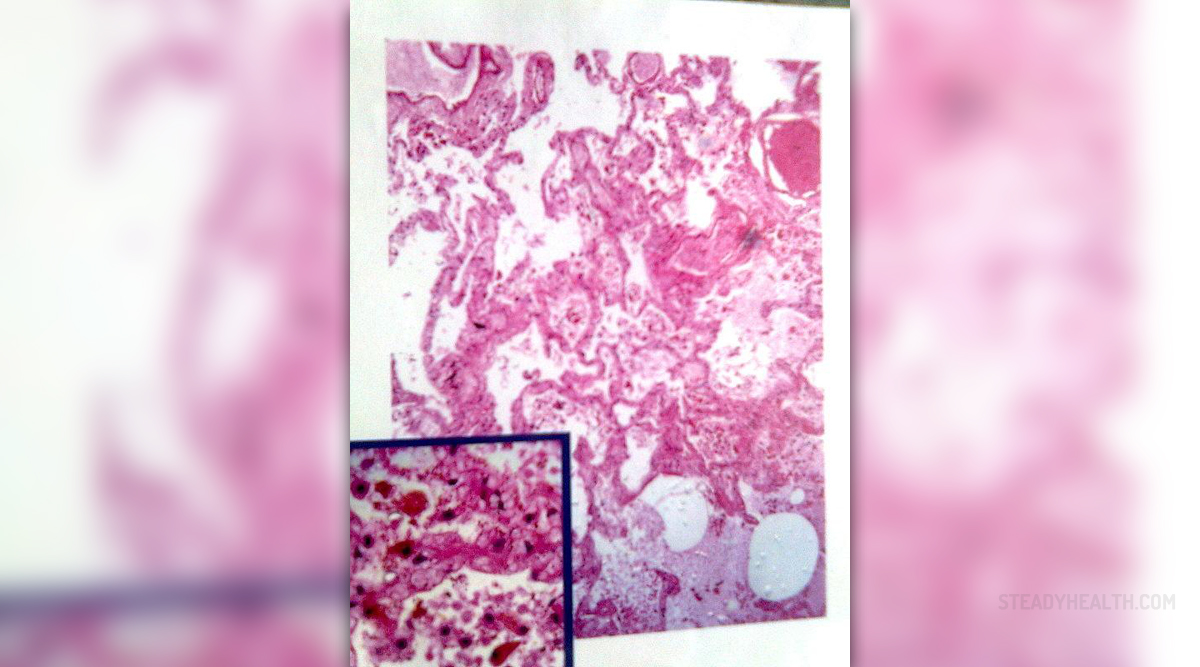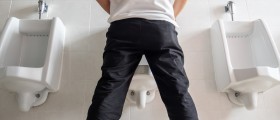
Urinary retention is a term used to describe inability to empty the bladder. Chronic urinary retention, meaning the problem persists for longer, is often asymptomatic - without characteristic symptoms. A person suffering from acute urinary retention will experience pain and inability to urinate even though the bladder is full. In chronic urinary retention, a person is able to urinate but not to empty the bladder completely. The pain may or may not be present but more commonly it is not. However, chronic urinary retention increases the risk of urinary tract infections.
Acute urinary retention is a medical emergency and possibly life threatening. Chronic urinary retention is not immediately life threatening, but it does carry the risk of complications, such as renal impairment and hydronephrosis.
Chronic urinary retention is relatively common among elderly men, probably because of common prostate problems, such as prostate enlargement. The problem can worsen over time and significantly affect the quality of life in a negative way.
Causes of chronic urinary retention
The most common cause of chronic urinary retention is obstruction of the bladder outlet. There are many possible reasons for bladder outlet obstruction, such as benign prostatic hyperplasia or enlarged prostate, prostate cancer, drugs causing dysfunction of the bladder sphincter, colposuspension, certain congenital deformities and urethral strictures caused by infections or trauma.
While prostate problems are the most common cause of bladder outlet obstruction in men, in women, who do not have a prostate, determining the underlying cause of chronic urinary retention is more difficult. It is, however, estimated that half the cases of urinary retention in women are associated with Fowler’s syndrome, typical for women in their twenties and thirties.
Symptoms of chronic urinary retention
As it is explained above, chronic urinary infection is often asymptomatic, especially in the beginning. However, with time, the symptoms do appear and gradually become more noticeable. The symptoms may include frequent urge to urinate, with or without urinating, urinary hesitancy, meaning it takes some time to start urinating, weak urinary stream, a sense of incomplete urination, frequent urination during night, incontinence, as well as symptoms typical for urinary tract infections, such as pain and burning while urinating.
In rare cases, a person suffering from chronic urinary retention may also experience problems like hypertension, recurrent infections, pruritus and lethargy.
Diagnostic exam for this condition often consists of urine laboratory tests, bimanual palpitation of the kidneys, bladder palpitation, prostate and genitalia examination, and, in some cases, neurological examination.

















Your thoughts on this
Loading...